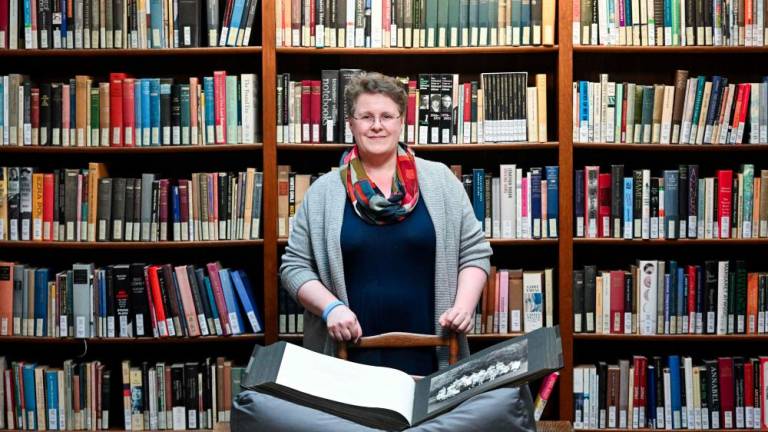FROM the moment she became a household name by winning the Miss World Malaysia title in 2009, Thanuja Ananthan has always spoken about animal welfare and her love for animals.
More than a decade later, this model and actress still continues to use her celebrity status to promote issues related to animals, especially strays.
Thanuja has been the SPCA ambassador for the past seven years. She also works with several other independent organisations such as Paws and Save The Strays.
Very often they would ask Thanuja to post about the plight of animals using her social media.
“I am more than happy to help. I feel the independent rescues are the ones really doing the work,” said Thanuja, during a recent interview with theSun.
Thanuja said that she has been an animal lover for as long as she can remember.
“It was something very innate. My parents could never put a finger on it. By the time I was five I was picking up kittens in the market, throwing out the vegetables in my mother’s basket and putting [the kittens] in it to bring them home.
“By the time I was ten, I was climbing out of the house to save puppies.”
She was speaking about the puppies her neighbour’s dog would deliver, who would escape and end up in danger of either falling into a drain or being run over by a vehicle.
Her twin sister Anuja would stand guard while Thanuja did her rescue work.
She believes her love for animals stems from her own parents and grandparents. Her father used to care for monkeys when he was living in Sungkai near the jungles.
Her three other siblings also love animals, but not the way Thanuja does.
Growing up in Kuala Lumpur, Thanuja’s family has always had German Shepherds for pets.
When she was a teenager she asked her parents to consider adopting other dogs, specifically animals who needed homes. From then on, the family only had rescue dogs.
“I just can’t stand to see the suffering of animals,” she said. “It disturbs me in a fundamental sense.”
That is why her house currently resembles a mini zoo. She has six cats who come and go as they like.
“I spayed and neutered them all. One doesn’t have a leg, one doesn’t have fur on his back, one is blind. I have two dogs at home with me now. I also have a rescue turtle. I have a sugar glider, and I have a rabbit.”
Her parents take care of these animals when she is away working.
She once rescued a dog that was blind and despite her father’s misgivings, convinced him to take her and the dog on a four-hour road trip to Johor Baru to place it in a shelter that was willing to take it in.
“I am thankful to have my parents. They didn’t understand me initially, but they became very encouraging and supportive.”
Thanuja said the biggest animal problem currently facing society is that of strays, produced by other strays.
“Generally Malaysia has a very large stray population. But I think people are becoming more aware. There are now fewer strays on the roads and that says a lot about the country. People are out and about doing the work.”
However, the way that strays are captured by local councils, thrown into filthy dog pounds and killed, still outrages animal lovers.
“I am sure it has been happening for a long time but it is becoming more evident now because of social media.”
Right now there are too many animal rights NGOs all claiming to be the only ones doing the work. Thanuja steers clear of the politics as she herself has been on the receiving end of criticism.
“At the end of the day we have one objective: to save these strays and give dogs and cats a better life.
“There is no point arguing who did a better job. Everybody is doing their best in their own capacity. I don’t have the guts to open my house to 30 dogs, but I am not going to sit here and judge you. Just fight the good fight, and work collectively together.
“What this country really needs is a spaying-and-neutering facility that [is] supported by the government. After the animals have healed, set them up to be adopted. If not, release them.”
She believes that setting up independent feeders (a place where strays can get fed) and educating the public that these animals will not harm them is also important.
She would also prefer for people to adopt strays rather than purchase them from stores where these animals have genetic issues due to inbreeding, or are products of cruel puppy mills where female dogs are made to continuously give birth before being discarded.
“I had this wonderful platform with Miss Malaysia where I pushed my cause, and I am still doing it. I am glad that my passion and my voice has been heard.
“Because I am passionate about it. It is not something I picked up and then dropped after a while.”














